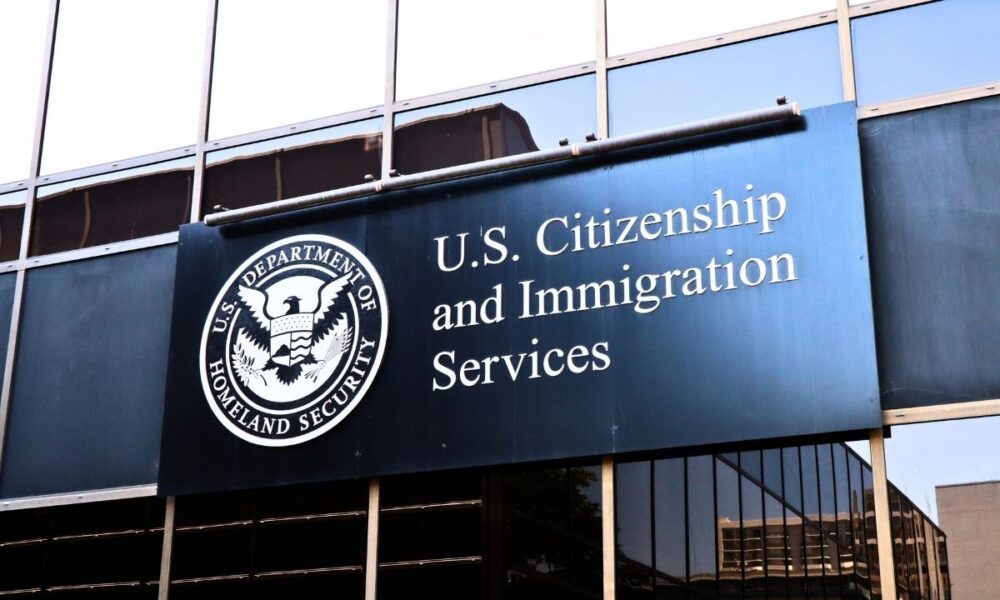U.S. Citizenship and Immigration Services (USCIS) continues to cite COVID-19 as a reason for delayed records processing, despite the pandemic officially ending more than two years ago.
In a recent message sent to The Dallas Express, USCIS said, “In response to COVID-19, we must temporarily reduce our capacity for processing paper FOIA requests and delivering records by mail.” The automated email, dated August 20, 2025, recommended that requesters switch to an online portal “to receive a faster response and to help keep our workforce safe.”
The explanation appears to conflict with both federal health guidance and the agency’s own website.
The Centers for Disease Control and Prevention announced the end of the federal COVID-19 public health emergency on May 11, 2023, and has since transitioned its pandemic-era operations into standard public health monitoring.
Meanwhile, the USCIS website states, “USCIS Response to COVID-19 Archived Content. The information on this page is out of date. However, some of the content may still be useful, so we have archived the page.”
Despite the seeming contradiction, USCIS has not responded to inquiries from The Dallas Express seeking clarification on how COVID-19 continues to affect its records operations in 2025. When asked if the delays were caused by staffing, procedural, or other operational issues, and whether the agency plans to update its guidance, no response was received.
The lack of clarity comes amid a broader crisis inside the agency.
USCIS data from the second quarter of fiscal year 2025 showed the agency’s backlog ballooning to 11.3 million pending cases — the highest level in at least a decade, per immigration news outlet Boundless. Additionally, the outlet reported that case completions dropped 18% from the same quarter a year earlier, while processing times for key forms surged. The report further noted that replacement green card applications (Form I-90) now take more than eight months on average, up from less than one month earlier in the year.
Immigration attorneys and advocates have long warned that USCIS’s inability to keep pace with demand leaves immigrants, families, and employers in limbo.
The agency reported a “frontlog” of more than 34,000 unopened cases earlier this year, further highlighting its processing strain.
The delays in production of FOIA records have consequences not just for immigrants navigating the legal system, but also for journalists, researchers, and watchdog groups relying on FOIA to track federal operations.
Under federal law, agencies are required to respond to FOIA requests within 20 business days, but extensions are common.
For now, USCIS requesters are left with mixed signals: a website that declares its COVID guidance “archived,” an email that cites the pandemic as an ongoing obstacle, and silence from officials when asked to explain the discrepancy.


